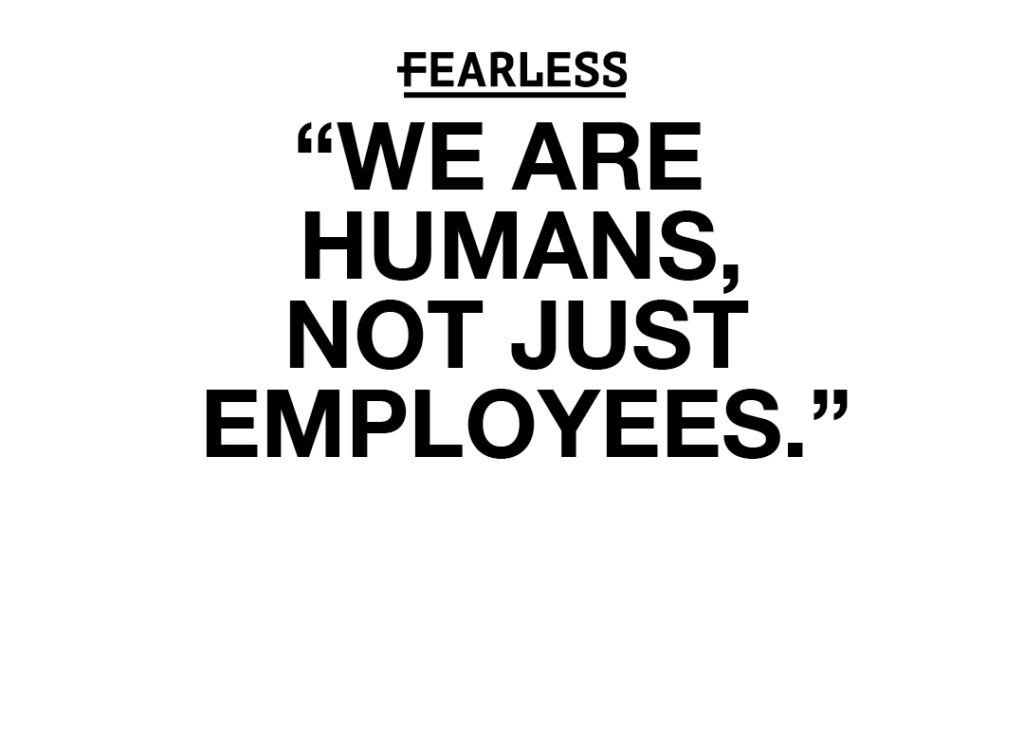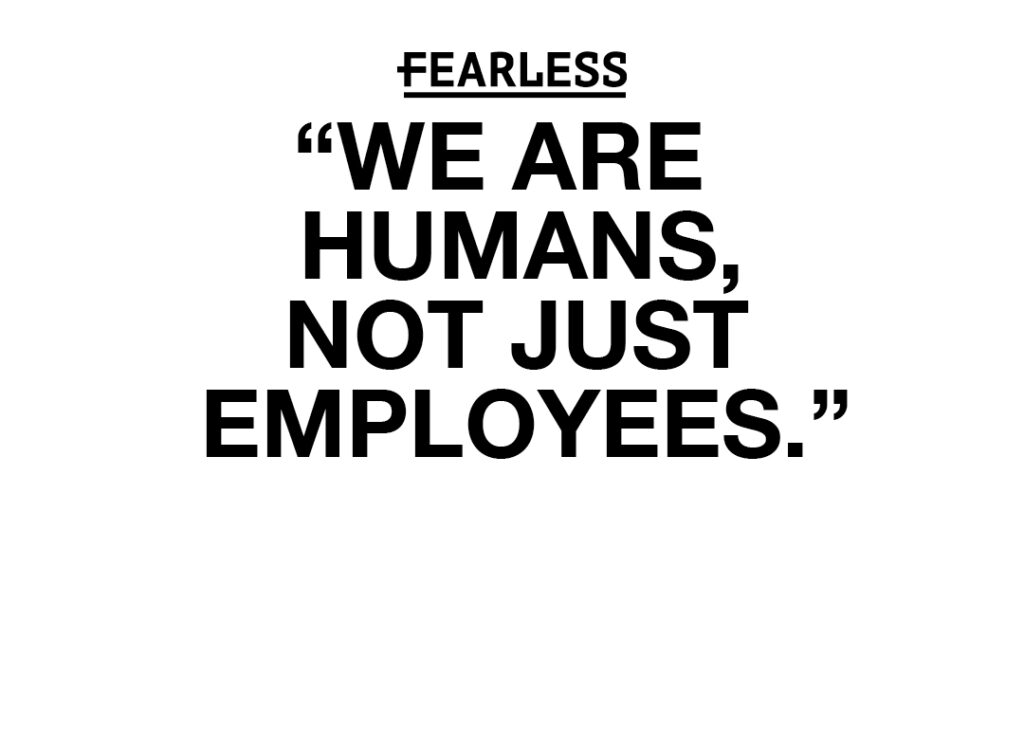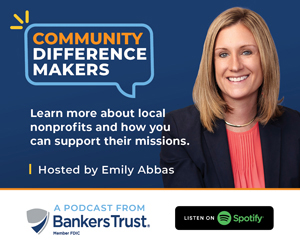On Leadership: The success of Iowa’s economy tied to the Latino community

SUZANNA de BACA Sep 15, 2021 | 5:06 pm
4 min read time
980 wordsBusiness Record Insider, On Leadership, Opinion
When my New Mexican father came to Iowa in the early 1960s to join the faculty at Iowa State University, the Latino population in our state was sparse and often misunderstood. My father was also often misunderstood. Many Iowans did not even know New Mexico was part of the United States, and few had any understanding or appreciation of Hispanic culture beyond movie stereotypes.
Today Latinos (which refers to a person’s culture or origin regardless of race, and is alternatively called Hispanic or the more recent term Latinx) are Iowa’s largest racial or ethnic minority group and one of the fastest growing populations. Just as my father moved here for his academic career, Latinos have come to Iowa for a variety of reasons and many have stayed for generations. Latinos have lived and worked in Iowa since the19th century, playing an important role in shaping the state’s economy, culture and communities.
With a declining population overall and need for a vibrant workforce in Iowa, Hispanics will increasingly have a large part in our state’s economy. As a report from the recent White House Hispanic Community Action Summit stated: “Given the role that Hispanics will increasingly play in our labor force, in our economy, and in our public education system, it is undeniable that the success of our nation is inextricably tied to the success of the Hispanic community.”
The same is true here in Iowa, but despite our long history here, Latinos have not been particularly visible.That’s why Hispanic Heritage Month, which is observed from Sept. 15 – Oct. 15, is vital to recognizing and celebrating the culture and traditions of U.S. residents who trace their roots to Spain, Mexico and the Spanish-speaking nations of Central America, South America and the Caribbean.
In observance of Hispanic Heritage Month, I asked local Latino leaders,“Why is it so important to the future of Iowa to support and advance leaders from diverse cultures, and from Hispanic cultures in particular?”
Marta Codina, region bank president, Midwest Central Region, Wells Fargo Bank: We are the fastest growing segment of the population in the country. We bring a mix of cultures that only enriches our communities. It’s important to have representation in leadership so this growing population sees their potential. If you can see it – you can dream it!
Joe Gonzales, executive director, Latino Resources, Inc.: Latinos are a fast growing segment of the population. We offer talent and another voice, a voice that is growing but lacking when it comes to representation in leadership positions. When Latinos see Latinos in power, they envision something more for themselves. We don’t want Latinos to settle for less. We want to nurture and mentor standouts in our community.
Tar Macias, president, Hola Iowa: The latest census numbers tell us that there are now over 215,000 Latinos living in the state of Iowa. We are the largest minority in the state yet we are not seen by the mainstream media and corporate America. We are the “invisible minority.” That is why we need to uplift our young Latino talent.
Sonia Parras Konrad, attorney at law, Law Offices of Sonia Parras PLLC: Research shows a positive link between diversity and an organization’s performance. Supporting diverse perspectives, including those of Hispanic cultures, especially in the leadership ranks, helps attract talent and promote job satisfaction. As a result, organizations gain the powerful perspective of leaders whose culture and values are deeply and powerfully connected to the American Dream.
Manny Toribio, business development lead, McClure: Iowa’s future depends on having diverse decision makers in leadership roles. Having these individuals in place will provide a wide variety of perspectives and critical thinking to solve future problems.
The Latino community in Iowa has expanded significantly since my father arrived, and hopefully understanding and appreciation of this rapidly growing and important community will continue to advance. As Parras Konrad says, “The world is getting smaller but we can grow bigger and have a stronger presence because of the commitment of Hispanic leaders to Iowa.”
Ways to advance Latino leadership in your organization:
Commit to DEI: Toribio points out that inclusion does not happen without concentrated efforts around diversity, equity and inclusion (DEI) and having “those uncomfortable conversations about why we are different.” Gonzales echoes this, saying, “One size fits all does not work, even in a majority white workplace. You have to create a genuinely personal and welcoming work environment.”
Uplift your Latino employees. “Be intentional,” says Macias, pointing out that the average age of Latinos in the state of Iowa is 24 compared to 39 for the rest of the population in Iowa, a 15-year gap that deserves attention. He advises leaders to promote Latinos in positions of visibility and to include them in the decision making process. Says Parras, “Hire, develop, empower and prepare to be amazed!”
Create connections: “We are a community minded group – we like to connect and share our various diverse cultures,” says Codina, sharing that Employee Resource Networks are a successful way for Latinos to connect as well as empower growth and development.
Celebrate Latino culture at the Iowa Latino Heritage Festival
This year’s Iowa Latino Heritage Festival, “Living la Fiesta,” will be held from 10 a.m. to 11 p.m. Sept. 25 and from 10 a.m. to 6 p.m. Sept. 26 in Western Gateway Park, 1330 Grand Ave. in downtown Des Moines.
Attendees can taste Latino American foods and experience a variety of entertainment from martial arts performers to folkloric dancers, and displays about the history of Latin American cultures. There will be musical entertainment both days, as well as cooking demonstrations of Latino meals.
Free parking is available in the Nationwide ramp at 1100 Walnut St.
Cost to attend the festival is $5 for adults; children 12 and younger are free. For more information, visit www.latinoheritagefestival.org









